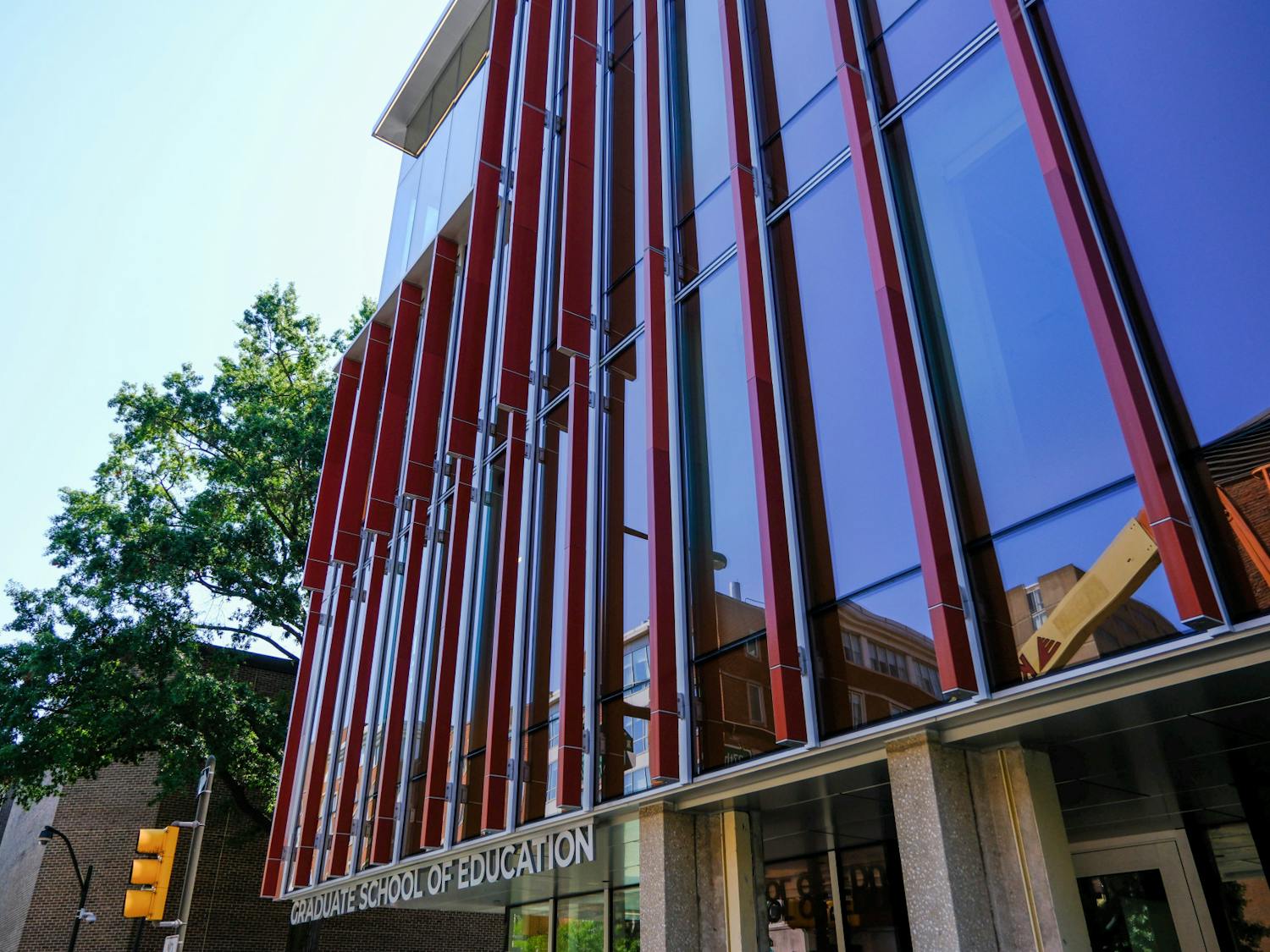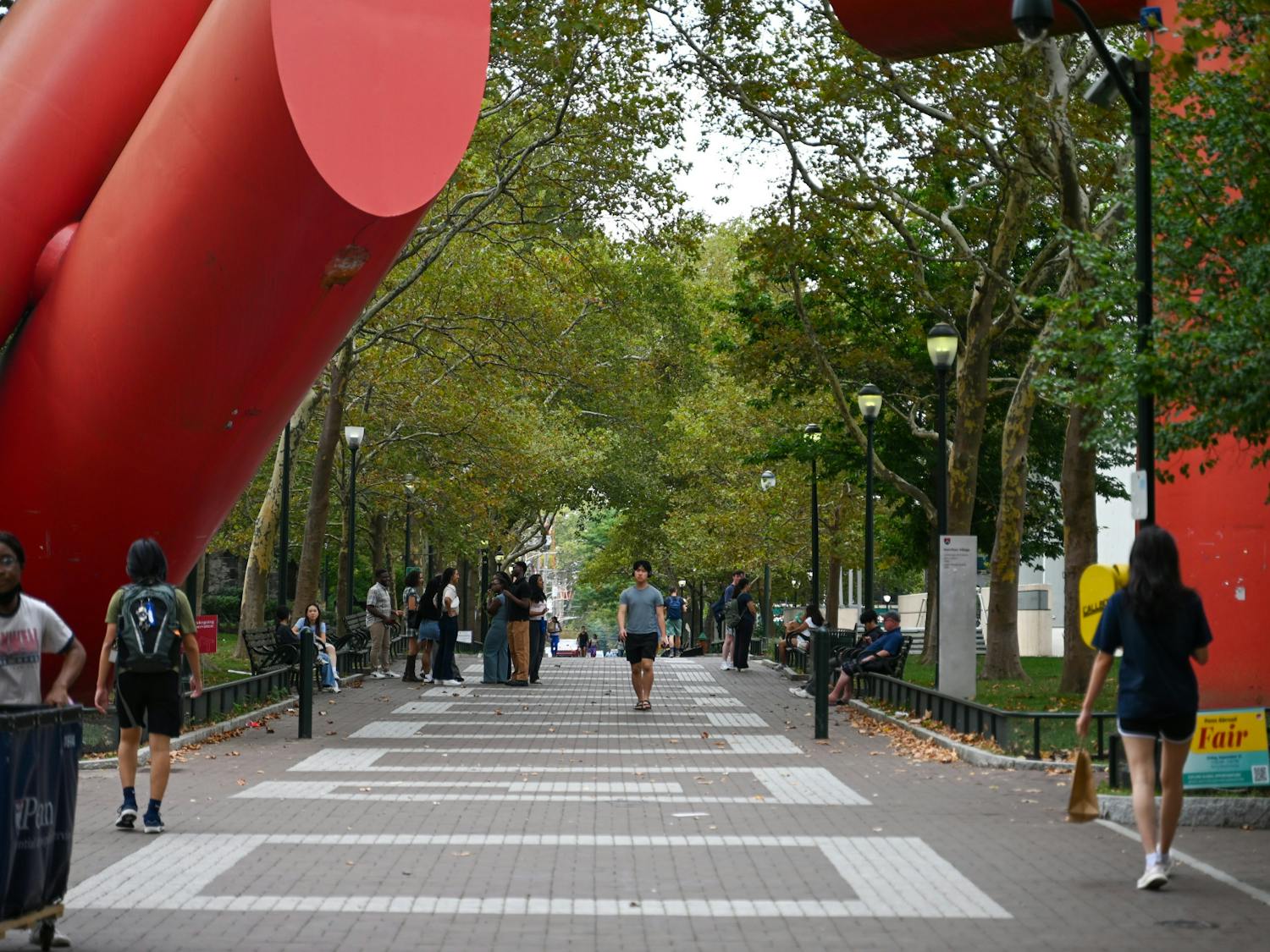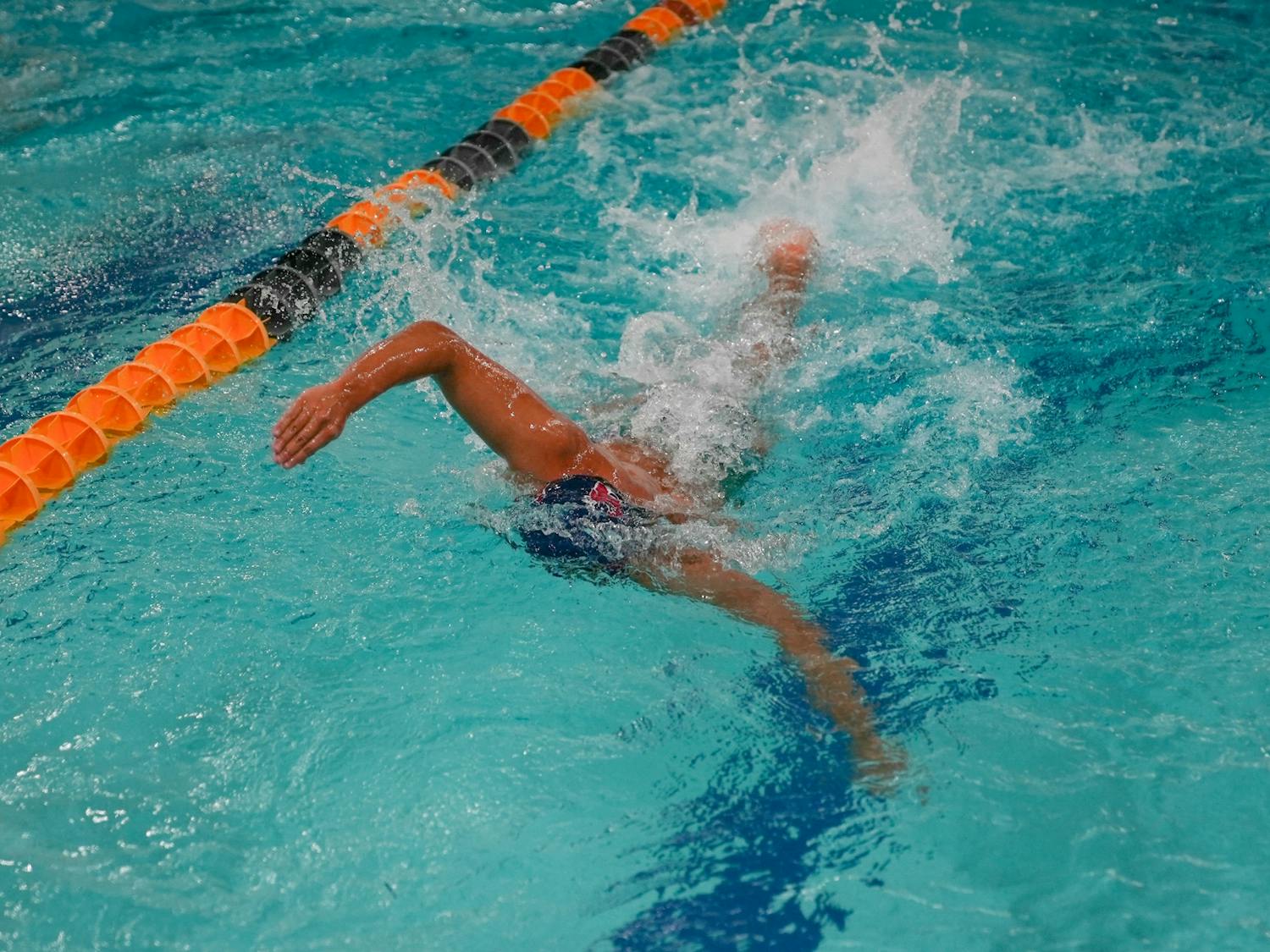Each university that makes up the prestigious Ivy League has its defining factors. For Penn, I’d argue that this factor is money. 71% of Penn students come from the top 20% of wealthiest families in America, and the Philadelphia campus simply serves as a springboard for the further accumulation of their generational wealth. Even for those Quakers who don’t come from extremely privileged backgrounds, the opportunities provided through Wharton, the University’s boast-worthy alumni network, and the sheer prestige of its name on your resume are enough to put them on track to catch up, if not surpass, their already wealthy peers through careers in finance, consulting, or law.
The existence of this pre-professional culture, though having its many tangible fiscal benefits, can be rather detrimental on students who aren’t interested in such business-driven careers. Put simply, it creates an environment that makes being at Penn feel more like a networking event than a collaborative and colorful college campus.
Keeping up with the fast-paced, competitive nature at Penn undoubtedly leads to burn out in students and leaves hardworking Quakers in need of breaks and time off and away. Our days are always full of tasks to be completed: classes to attend, assignments to submit, teachers to meet with, networking events to frequent, and a social life to uphold, leaving little to no room for downtime or any extensive periods for self care.
Even during the weeks where we feel on track and on top of our work, there is always more to be done — another application to fill out or another interview to prepare for.
This feeling of never really being able to “clock out” resembles the workaholic corporate life most graduates take on after their time here, and is one they will likely experience for the rest of their lives. It’s crucial to realize one thing here — this isn’t normal. It’s not normal to spend your freshman year of college hunting for an internship at a major bank or financial firm. It’s not normal for a 19-year-old to be crying over a Morgan Stanley interview. It’s not normal to go to classes in a full suit every day just to help your chances of being recruited. Of course, it is admirable that Penn students are so ambitious and are willing to start their professional careers at such a young age. Yet, it is just as admirable to be a young adult, who can learn from experiences and mistakes, and not spend their prime years as a global trade analyst while our peers at other universities make unmatched memories.
As this environment exists, and likely will continue to exist here, it’s vital for Penn’s administration to give us students the breaks we deserve. Compared to the other Ivy League and local institutions, Penn has the least amount of break days in the academic calendar. Penn only allots 13.3% of the school year for University breaks, compared to Princeton’s 20.8%.
Fortunately, this year, students do have an additional couple of days off during winter break, as our start date was pushed to January 18th, 2024. In past conversations, the Office of the Provost has emphasized that “the well-being of our students is one of [Penn's] highest university-wide priorities." This extension of winter break to 27 days admittedly is a step in the right direction and aligns with the Office of the Provost’s statements. Yet, it isn’t enough.
A 27 day winter break should be a standard, not a privilege, at a University like Penn that demands so much from its hardworking, restless students. What’s more, I’d argue that breaks during the actual semester make a huge difference in one’s experience.
SEE MORE FROM SOSE HOVANNISIAN:
The pedagogic power of Instagram
How I got Penn to listen to me, and my mother tongue
For example, being able to leave campus and go home for Thanksgiving was the perfect opportunity to escape the reality of approaching deadlines and social pressures that loom at Penn. More so, it gave me enough time to regain some confidence and drive going into what is arguably the hardest part of the semester. But, this chance to regroup before the finals period is not universally experienced by Penn students. Since Thanksgiving break only lasts from Thursday to Sunday, students who hail from places many hours away may not be able to afford a trip with a quick turn around, both financially and academically. International students are at a great disadvantage when it comes to this break, along with students on the West Coast and other far corners of the world.
Penn's mid-semester breaks pale in comparison to those of other Ivy League universities. While Princeton grants five days for fall break, Cornell offers four, and Yale provides three, Penn only allows two. Similarly, during Thanksgiving, Princeton, Harvard, and Brown students enjoy a four-day break, and Cornell and Yale students have five days off, whereas Penn students only get a two-day break.
Penn students, who I would think can all agree on needing more breaks, should come together to petition for more days off. As most Quakers plan on entering the financial field and working long hours, we should be able to “clock out” from school now before we truly have no breaks. Even if that means “calling in sick” every now and then, we deserve more time off at this corporate-mirroring institution.
SOSE HOVANNISIAN is a College sophomore majoring in Communications and minoring in History and Consumer Psychology from Los Angeles, California. Her email is sosehova@sas.upenn.edu.









